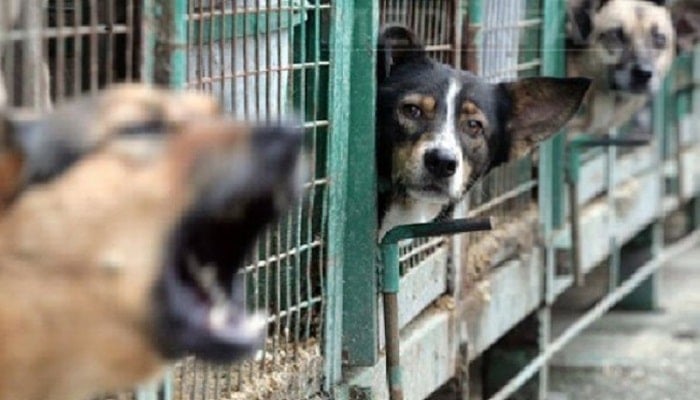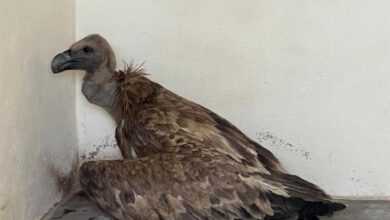Stray Animals: Morocco Implements Unprecedented Reform to Balance Public Safety and Animal Welfare

Morocco’s Major Legislative Reform on Animal Welfare
In response to the rising incidence of animal bites, the threat of diseases like rabies, and accidents caused by stray animals, Morocco is set to adopt a significant legislative reform with Bill No. 19.25. This proposed law aims to reconcile animal protection with public safety by establishing a structured legal and health framework for the first time.
A key pillar of this initiative is the electronic identification of animals under care. With a centralized national database, each animal can be tracked accurately, facilitating the planning of vaccination campaigns and enhancing veterinary follow-up across the country.
The government also plans to implement the TNVR method (Trap, Neuter, Vaccinate, Release), which involves trapping, sterilizing, vaccinating, and then releasing identified stray dogs. This internationally recognized approach will be supported by the establishment of specialized shelters, both public and private, that will operate under governmental supervision and must adhere to strict standards for animal care, accommodation, and assessment.
Beyond the health implications, the reform aims to mitigate urban risks related to unexpected animal movements, aggressive behaviors, and the clustering of stray animals. It also addresses aggravating practices such as abandonment and unregulated feeding, imposing clear responsibilities on pet owners: obtaining ownership permits, ensuring regular veterinary care, and maintaining heightened supervision of their animals.
Through this legislation, Morocco is adopting a comprehensive and balanced approach: sustainably controlling the stray animal population, protecting public health and safety, while ensuring the respect of animal welfare in line with international standards. This marks a significant advancement that places ethics and collective responsibility at the forefront of urban management.





